Brewdog co-founder James Watt insists his company won’t be “green lairds” of the expansive Highland estate it purchased for tree-planting and carbon capture.
In fact, he argues “it has nothing at all to do with making money”.
Kinrara estate, south of Aviemore, was bought by the Ellon-based brewing giant in 2020 for £8.8 million.
Brewdog is transforming the former sporting estate by planting more than a million native trees and restoring degraded peatland.
In doing so, it will help absorb carbon from the atmosphere.
It’s part of the brewery’s efforts to be a “carbon negative” company that locks away more greenhouse gases than it emits.
The purchase of Kinrara comes amid a surge in wealthy organisations and individuals buying up large chunks of Scotland’s rural landscapes in order to offset damaging emissions.
Some of these new kind of landowners have been dubbed the pejorative term ‘green lairds’.
It has been argued they’ve been inflating the market, cutting rural jobs and leaving local communities behind in their rush to get trees planted and take advantage of government grants.
But Mr Watt says Brewdog’s Lost Forest estate project will be different – and run responsibly with neighbours, visitors and local residents in mind.
‘I don’t like the term green lairds, and I don’t think it applies to us’
“Firstly, the Lost Forest has nothing at all to do with making money, it’s going to lose a significant amount of money for us,” said James, in his office at Brewdog’s headquarters in Ellon, a two-hour drive away from the carbon-capturing estate.
Some organisations which have attracted the infamous “green laird” moniker have been accused of only buying land in order to sell it off at a later date, making a profit off the back of the rising prices of estates – due in part to the high demand for tree-planting opportunities.
The Scottish Land Commission says the Scottish land market is “experiencing exceptionally high demand and low supply”, and that “emerging carbon and natural capital value is an increasing factor”.
However, Brewdog’s Lost Forest initiative – so named as it is intended to return native trees like oak, Scots pine and birch to where they once grew on the hillsides of Kinrara – is designed to capture carbon, not create cash, according to Mr Watt.
“When it passed to our finance department, they were like James, what the f*** is this?” he continued.
“There’s no money-making out of this at all.”
He continued: “I don’t like the term green lairds, and I don’t think it applies to us.
“The bottom line is, we as humans are going to have to plant a hell of a lot of trees over the next 25 to 30 years to help take carbon out of the atmosphere.
“That’s going to require change, and land to hold those trees.
“Some people will be aligned with that and some people will criticise that, but I think if we take a step back and look at the bigger picture, we’re facing an existential climate crisis.”
Is it just going to be forests and peatland on Brewdog’s estate?
Although the primary aim of Brewdog’s Lost Forest is to capture carbon, Mr Watt says the creation of the new woodlands and peat restoration work is being done with due consideration for nearby estates, and for nearby communities like Aviemore.
As well as undertaking extensive environmental and ecological studies to see the impact of their project on the local flora and fauna, Brewdog says it also carried out consultation with the Cairngorm National Park Authority and community groups.
Mr Watt wants the estate to be a place where everyone can enjoy the right to roam, and create opportunities for local jobs.
He said: “We need changes, we need trees in the ground and we need restored peatlands, and we’re going all-out to do that.”
“But at the same time, we want to create something where there’s access throughout.
“Like the mountain biking paths, they will always remain open to the public and the local community, they won’t be closed off in any way shape or form.
“It will always remain open for local members of the community to continue to be able to enjoy.
“We’re also going to see if we can put things on there like a sustainable campsite, watersports in the summertime, or an eco-hotel with lodges to create employment for the local community.”
Why did Brewdog take government funding for its Lost Forest?
Brewdog has been criticised for taking advantage of Scottish Government grants for planting trees.
But Mr Watt says he thinks this is “completely unfair”.
He said: “The project is going to cost in the region of £15 to £20m.
“The grant funding is in the region of £1m, so about 5% of the project is grant-funded.
“That grant is available to any individual, any company looking to plant trees.
“So for us not to take the grant to the value of 5% of the project when it was available, and when the grant is specifically designed for these type of project, I don’t see why we wouldn’t do it.”
Mr Watt also said his company got “a bit of heat” for taking so long to start actually planting trees in its Lost Forest site.
But he also dismissed this as unfair, arguing work has already started on peat restoration there.
Tree-planting will finally start this week, we’ve been told by Brewdog.
“We just got permission to start,” Mr Watt added.
“It took a while to get the permission because we had to do so many environmental studies and bits and pieces.
“Would I have liked to have got the permission faster? Absolutely, but I’m excited we’ve got it now and we’re good to go.”
Why did Brewdog buy an estate to offset its emissions with planting, instead of other methods?
So, why did Brewdog decided to buy a Scottish estate to plant trees in the first place?
Mr Watt said they explored a number of options in their quest for going carbon negative through offsetting or capture, but none were to their requirements.
He added: “When we started really pushing hard from a sustainability perspective and wanted to make sure we were carbon negative, we looked at the removals and offset space.
“There’s just so much smoke and mirrors, so many charlatans in that space.
“So many programmes we looked at weren’t sensitive to local biodiversity or human rights issues, and there was no accountability or additionally or anything to them.
“We just thought there has to be a better way of doing it.”
Working together with Brewdog’s lead scientific advisor Mike Berners-Lee, carbon footprint expert and author of the book How Bad Are Bananas?: The Carbon Footprint of Everything, Mr Watt said: “We decided the best thing we could do would be to buy a huge chunk of land, restore peatlands, and plant trees”.
‘I fully believe that governments are not capable of solving the climate crisis’
Mr Watt believes it will ultimately be up to the world’s private businesses and scientists, rather than governments, to address the major issue of climate change.
And he thinks Brewdog should be one of those leading the charge — the brewery has made a great deal of eco-friendly investments so far, such as its new £12 million green gas plant powered by brewing waste.
“I fully believe that governments are not capable of solving the climate crisis, because the time scales they work on are incompatible with the changes we need to make as a society to solve this,” he said.
“So the solution has to come from progressive businesses working hand-in-hand with the best scientists, which is what we want to model and showcase.
“I also believe that, when it comes to climate change, members of the public can have much more of an impact with how they spend their money, the companies they align with, and how they vote as well.
“So we want to give them an option that’s carbon negative.”
He added: “The only way we get out of this – as humans on this planet – it has to be led by businesses and we wanted to step up to the plate.
“I said to the team a few times in our sustainability journey that it’s OK for this business to fail, it’s not OK for this planet to fail.”
Brewdog invited us out to their estate to see the Lost Forest site for ourselves.
You can join us on a photo gallery tour of the Lost Forest here.
You may also like to read:
- Brewdog’s most recent report on its own carbon-cutting and capture efforts
- This opinion piece: Rich ‘green’ landowners like Brewdog are putting Scottish communities at risk
- More on Highland tree planting: Highland estate awarded £3 million forestry grant up for sale — again
UPDATE 28/06/2022:
James Watt posted an update on his Twitter profile, stating that tree planting is due to start in August.
Now that we finally have all of our permissions for the Lost Forest we officially start planting in August!
When we do, I might go completely off the grid & live in this shack for 2 weeks & see how many trees I can plant in 14 days. 🍻🌎🌳
More: https://t.co/9GopP9g9x8 pic.twitter.com/MZe5DGZy6X
— James Watt (@BrewDogJames) June 28, 2022
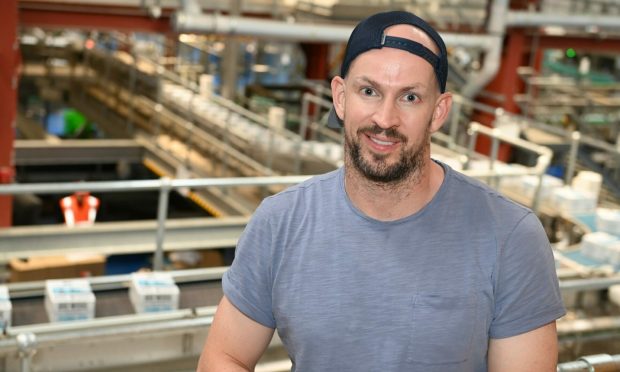
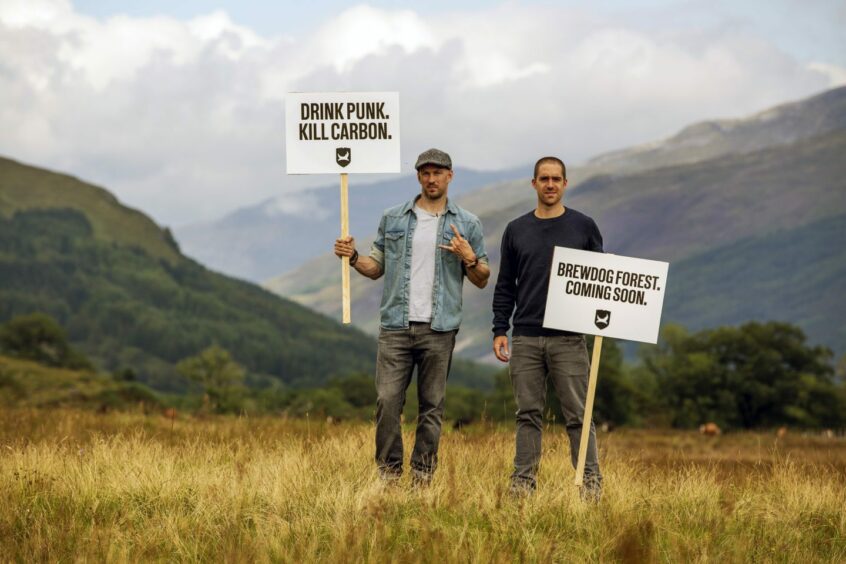
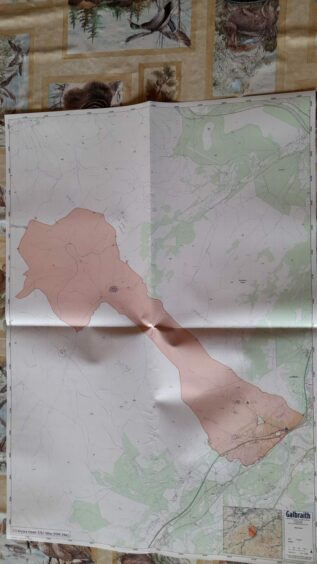
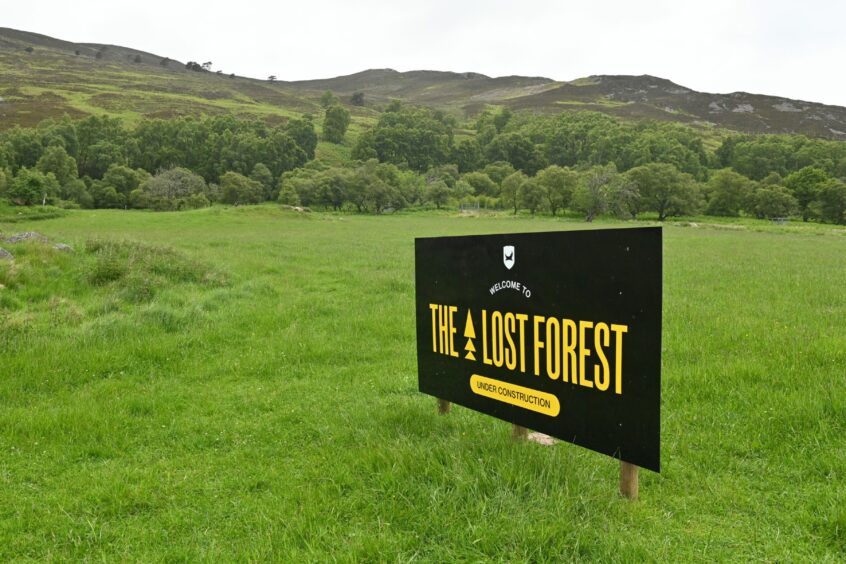
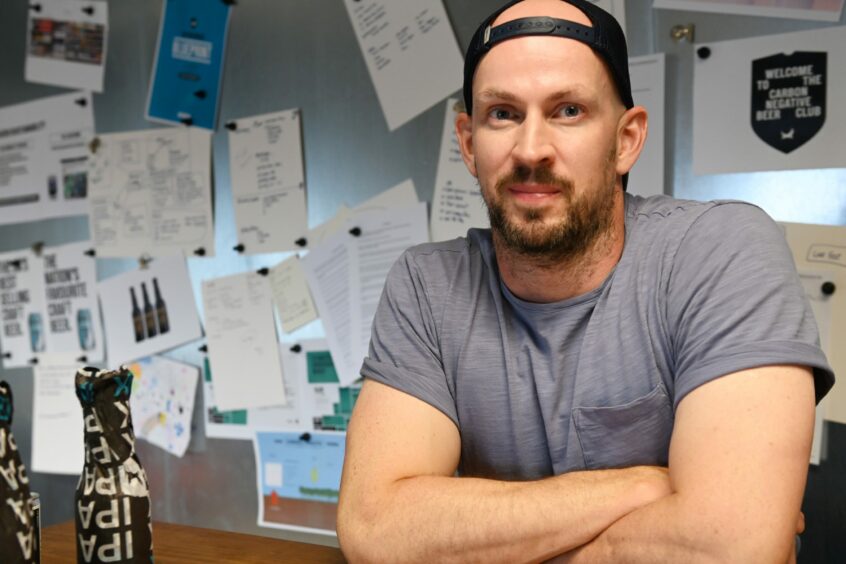
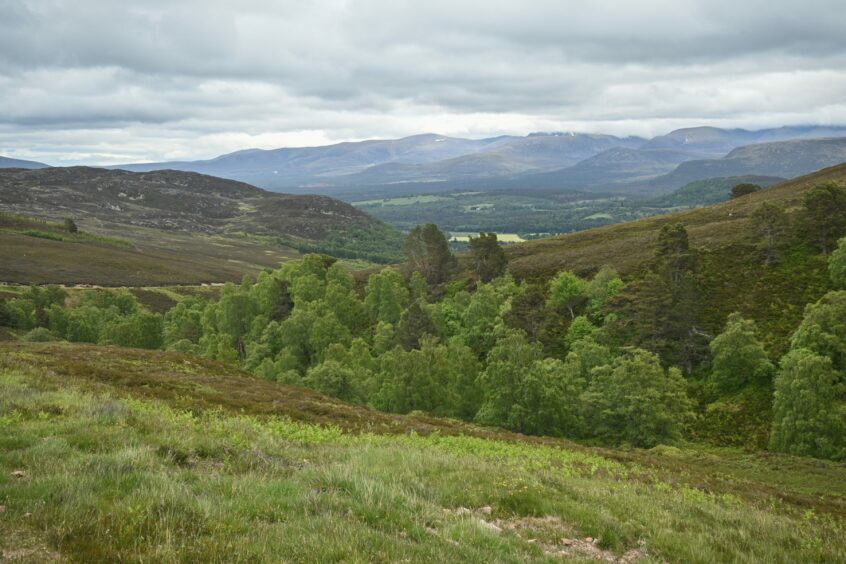
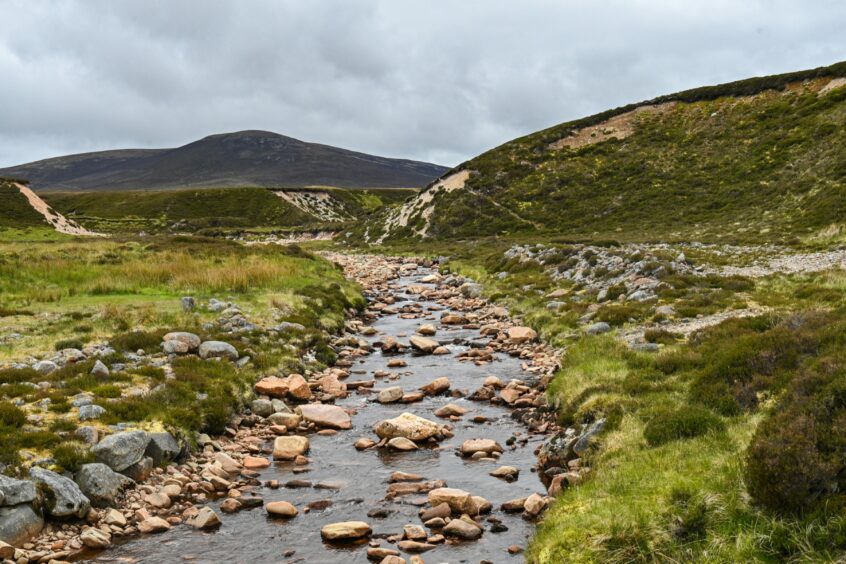
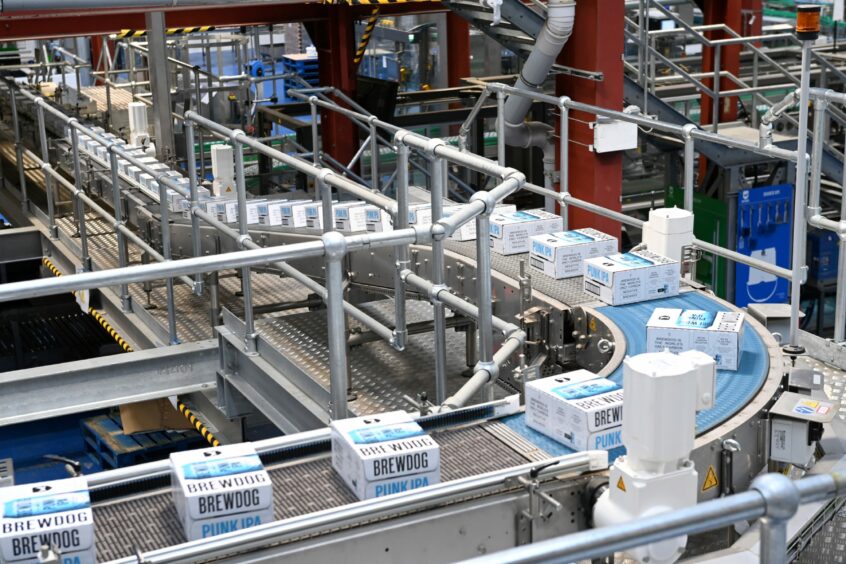
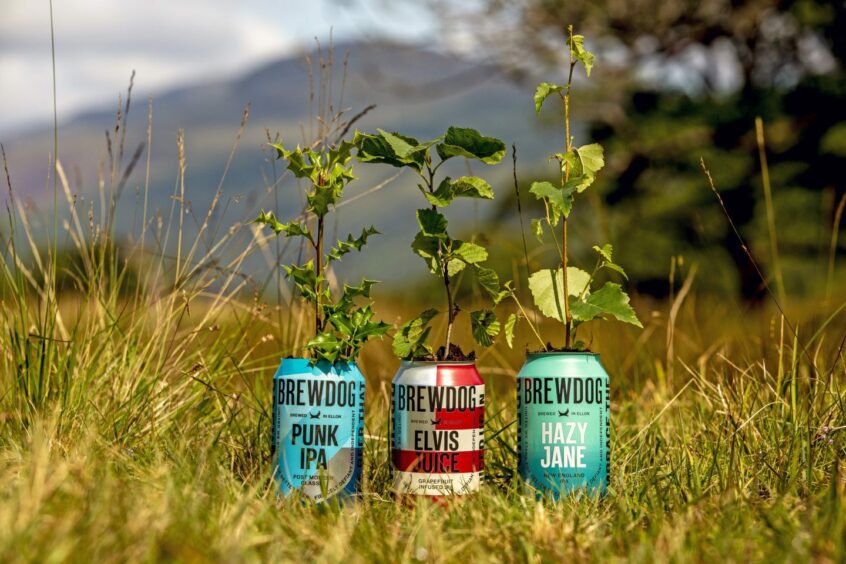
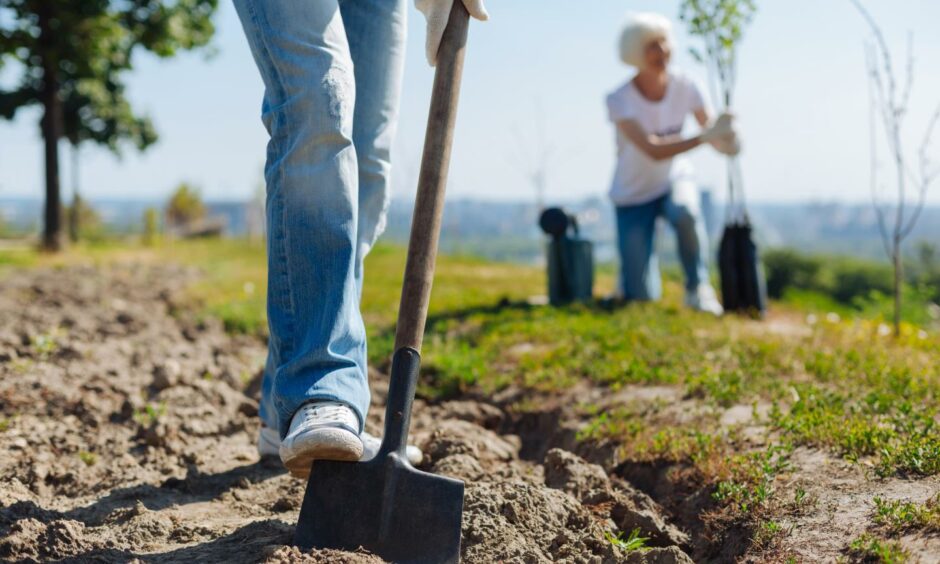
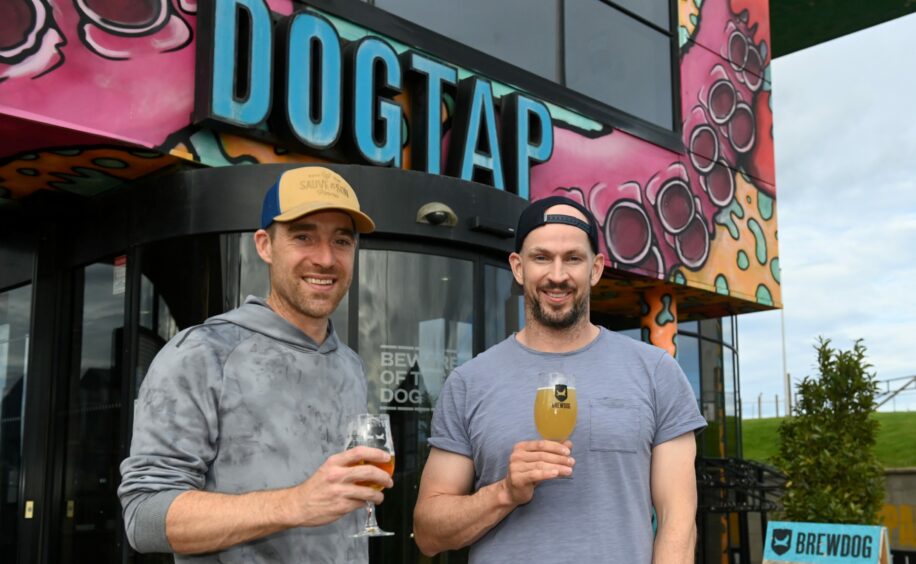
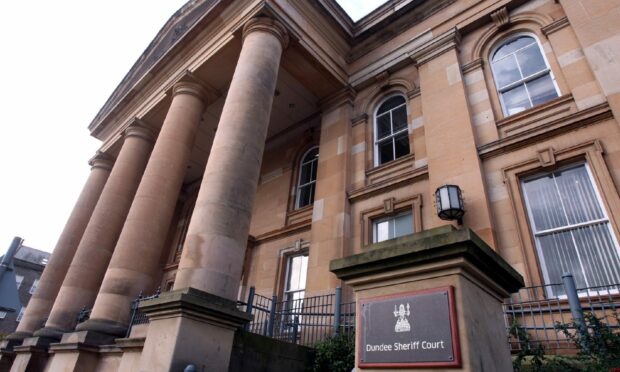
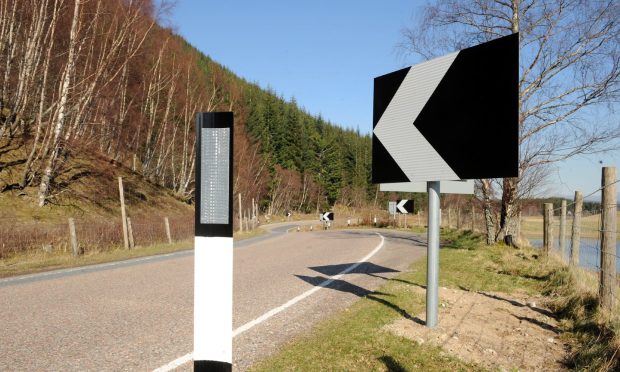

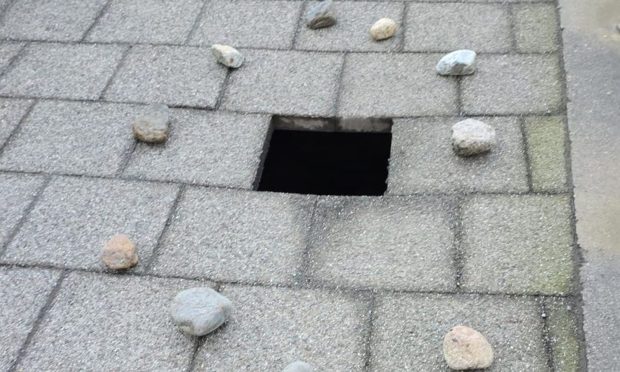
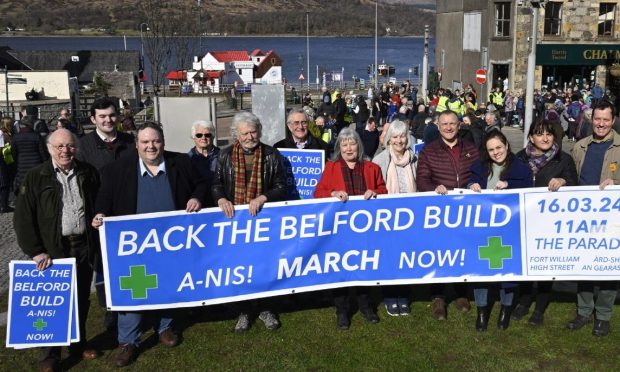
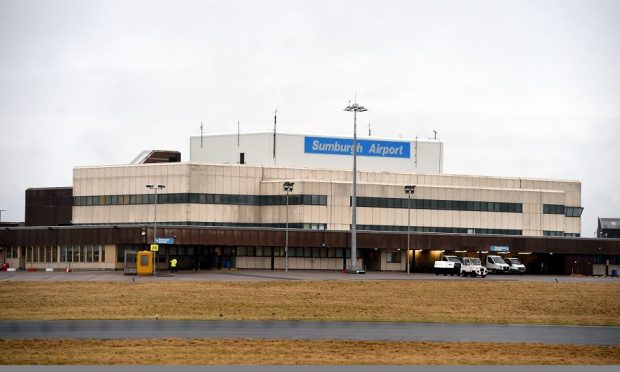
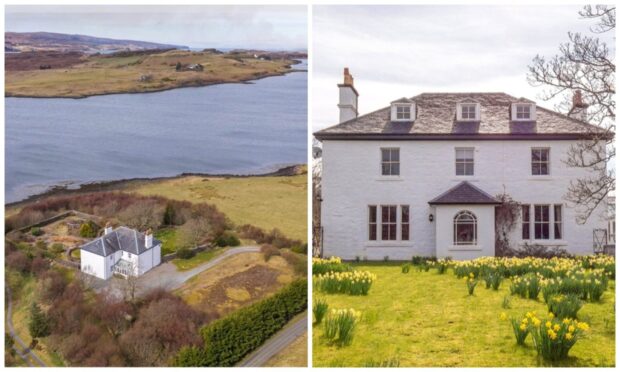
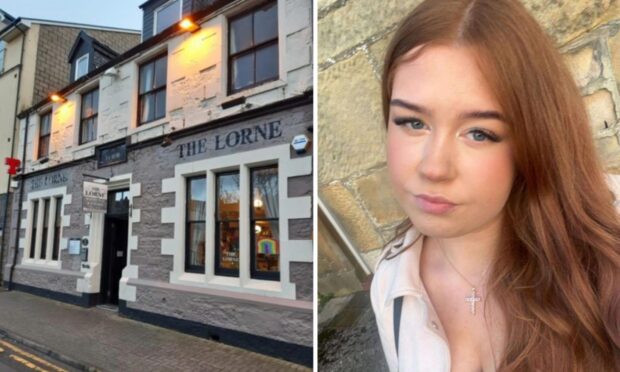
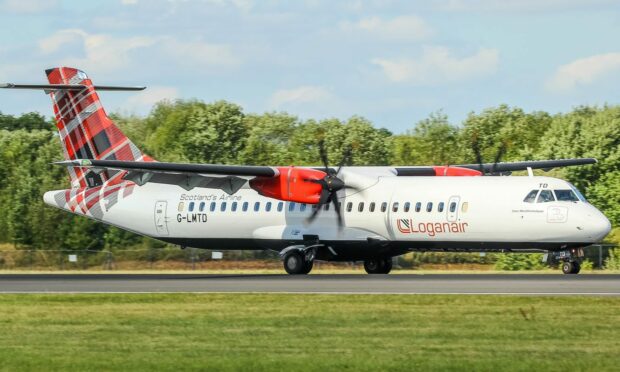
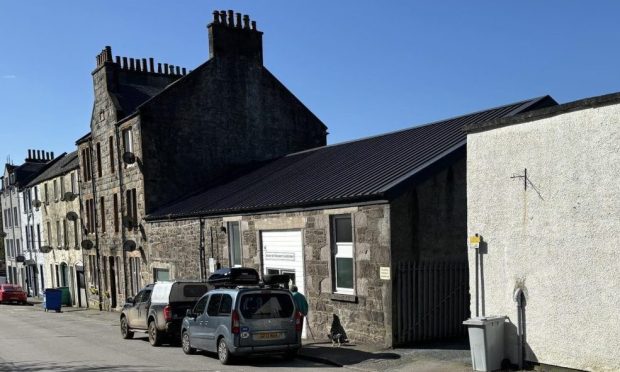
Conversation